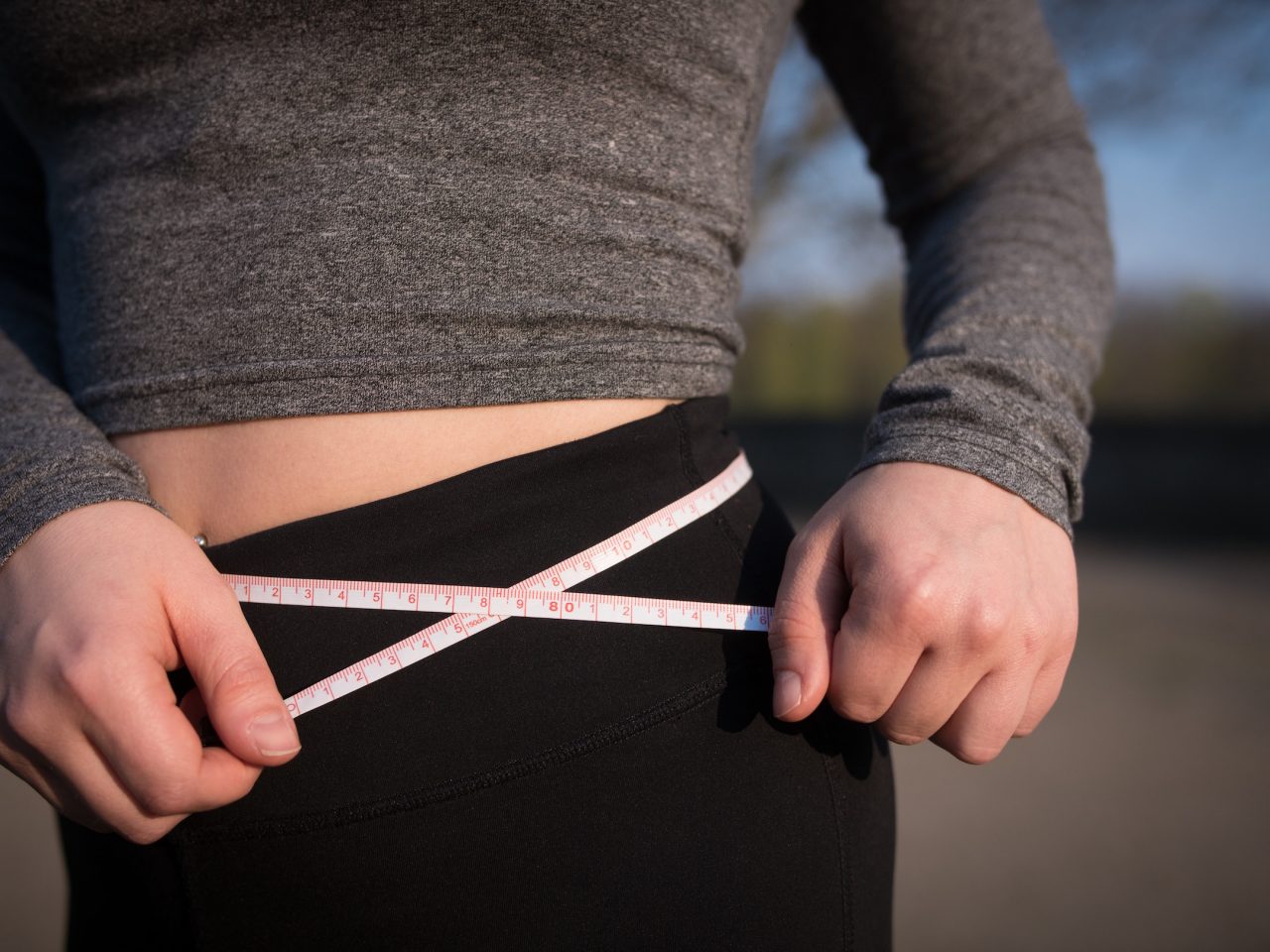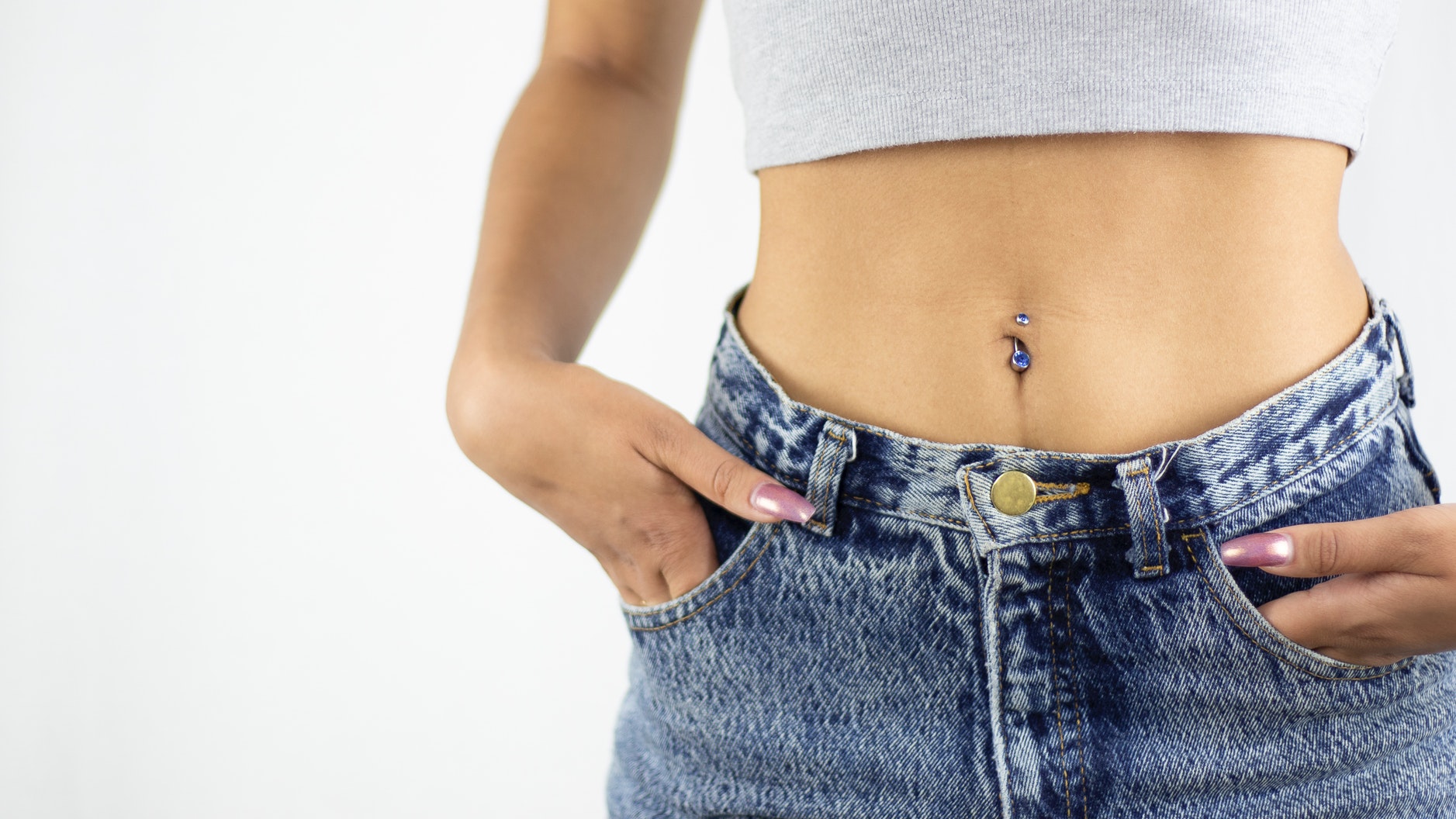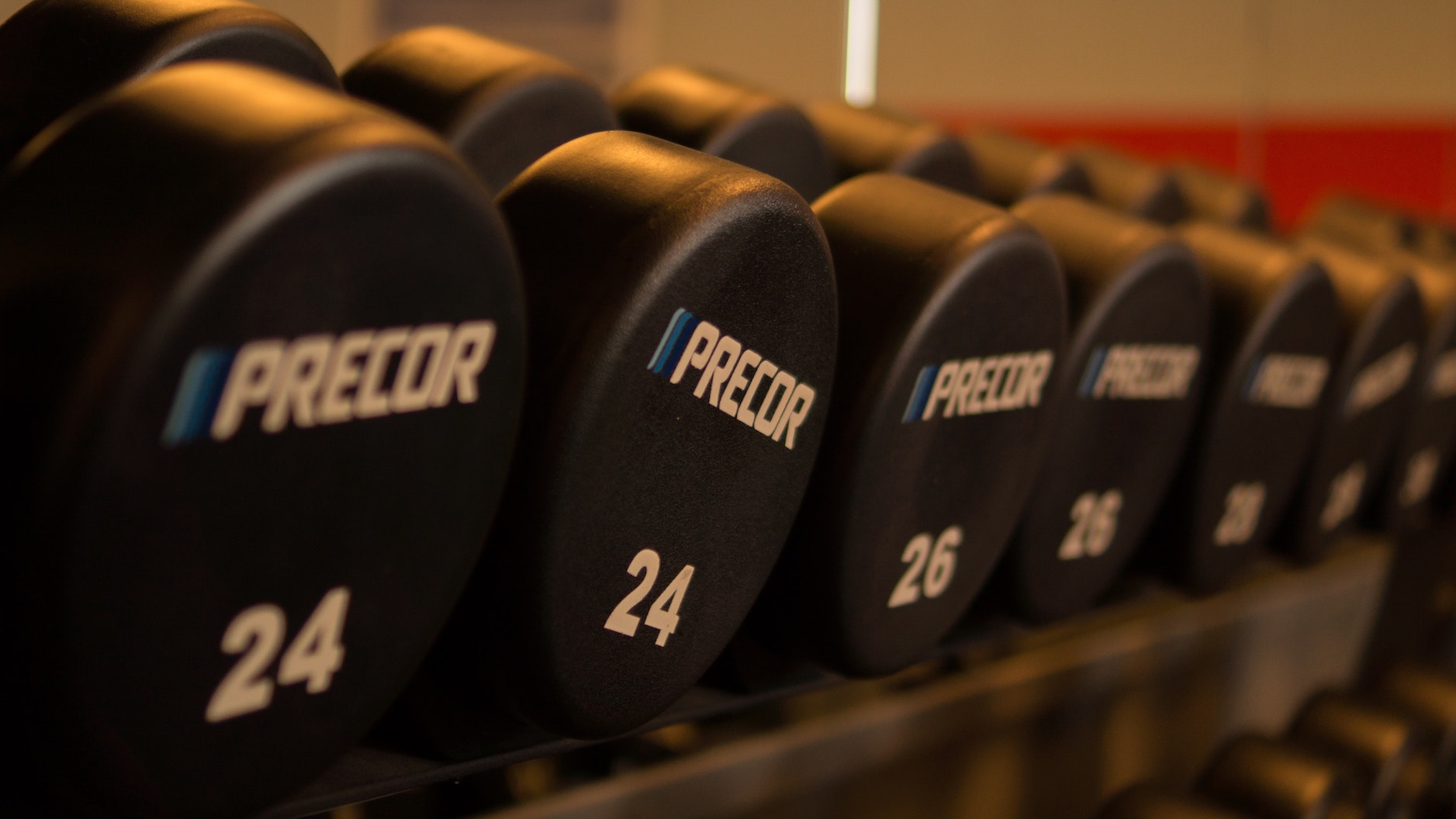
Losing weight as fast as possible might seem like a sound deal, but Rome wasn’t built in a day.
What do we consider as drastic weight loss?
You might have been told that losing weight at a slow and steady pace is the best course to take. But, you really want to fit into that dress or you have to attend an event next week where you need to look your best. So what are the possible pros and cons of drastic weight loss?
Most experts say that losing 1-2 pounds (0.45-0.9kg) per week is the ideal rate. It avoids risks and is considered to be healthy. To lose any more than that may present numerous health hazards that include muscle loss, nutritional deficiencies, slow metabolism, and even gallstones.
Some people find ways to do strenuous exercises and would follow a “crash diet” or a very low-calorie diet where you consume only 800 calories a day. It’s even less than what dancers like ballerinas eat, where they intake a minimum of 1,600-2,200 calories.
It seems that the most efficient weight loss is to simply not eat anything at all and it’s far easier than following through a daily exercise regimen.
Nevertheless, if you are only starting on that diet or exercise plan, you might lose more than 2 pounds (0.9kg) a week and this is completely normal. The weight you lose is what we call “water weight.”
Consuming fewer calories than what your body burns can lead to your body using up its stored energy known as glycogen. Glycogen provides the body with energy when blood glucose drops to a certain level. It is also bound to water, so when you burn glycogen, the body also releases that water.
So, don’t be surprised if you lose more weight than what you initially intended during the first week. After that, weight loss will normalize to 1-2 pounds (0.45-0.9kg) a week.
Maintaining weight loss
It’s easy to remain vigilant for the first few days, but just how long can you maintain a low-calorie diet when that scrumptious cake is calling out to you or who’s to say that you won’t put off jogging for another sunny day?
Most people would fall victim to exercising quite a lot and then end up eating twice the amount of what they usually do. They think that this method is effective as they burn more calories than what they eat.
However, once they stop that vigorous exercise and still intake the same amount of food, that is where the trouble starts. Instead of losing weight, they will inevitably gain more.
Studies show that people who followed a rapid weight loss plan lost as much as those who did a steadily paced dieting. But after 3-5 years, roughly 70% gained the weight they lost, which proves that both methods were effective with the end result.
People can achieve a successful rapid weight loss when doctors and dietitians back them up. These professionals can keep a close eye on their progress. Those who try this method at home might not get any better results or even put themselves at risk.
Risks of drastic weight loss
While it may seem bad to be overweight, the repercussions of using drastic measures to lose all of the weight might leave permanent damage to your overall health such as:
Muscle Loss
The faster you lose weight, the more your body will rely on glycogen, which ultimately means that you’ll be losing more water and muscle rather than fat.
The body is programmed to reserve fats as a last resort because it is the most efficient form of energy storage. Fat does not bind water and does not increase body mass like proteins (muscle) do.
Nutritional deficiencies
Insufficient calorie intake may lead to hair loss, weakened immune system, fatigue, and brittle bones. Simply put, when you eat fewer calories, there won’t be enough nutrients such as iron, folate, and vitamin B12 to sustain all your bodily functions.
Slow metabolism
Losing muscles and a fall on the hormone that regulates your metabolism are all caused by a low-calorie intake. This slows down your metabolism than the usual and may not return to normal even when you stop dieting.
Gallstones
Gallstones are hardened deposits that form inside the gallbladder. These deposits stick together when you eat less food and your gallbladder does not produce any digestive juices.
So is it really bad?
With the right help and precautions, one may lose weight rapidly safely but for only a short term. It is still recommended to take things one day at a time so that you may be able to form healthy eating habits and maintain your ideal weight in the longer run.
With Modern Fit, you will lose weight quickly but you will see just how great you feel and look. You’ll receive customized meal and fitness plans that fit your lifestyle and ensures healthy weight loss. See for yourself with a 7 day trial!


